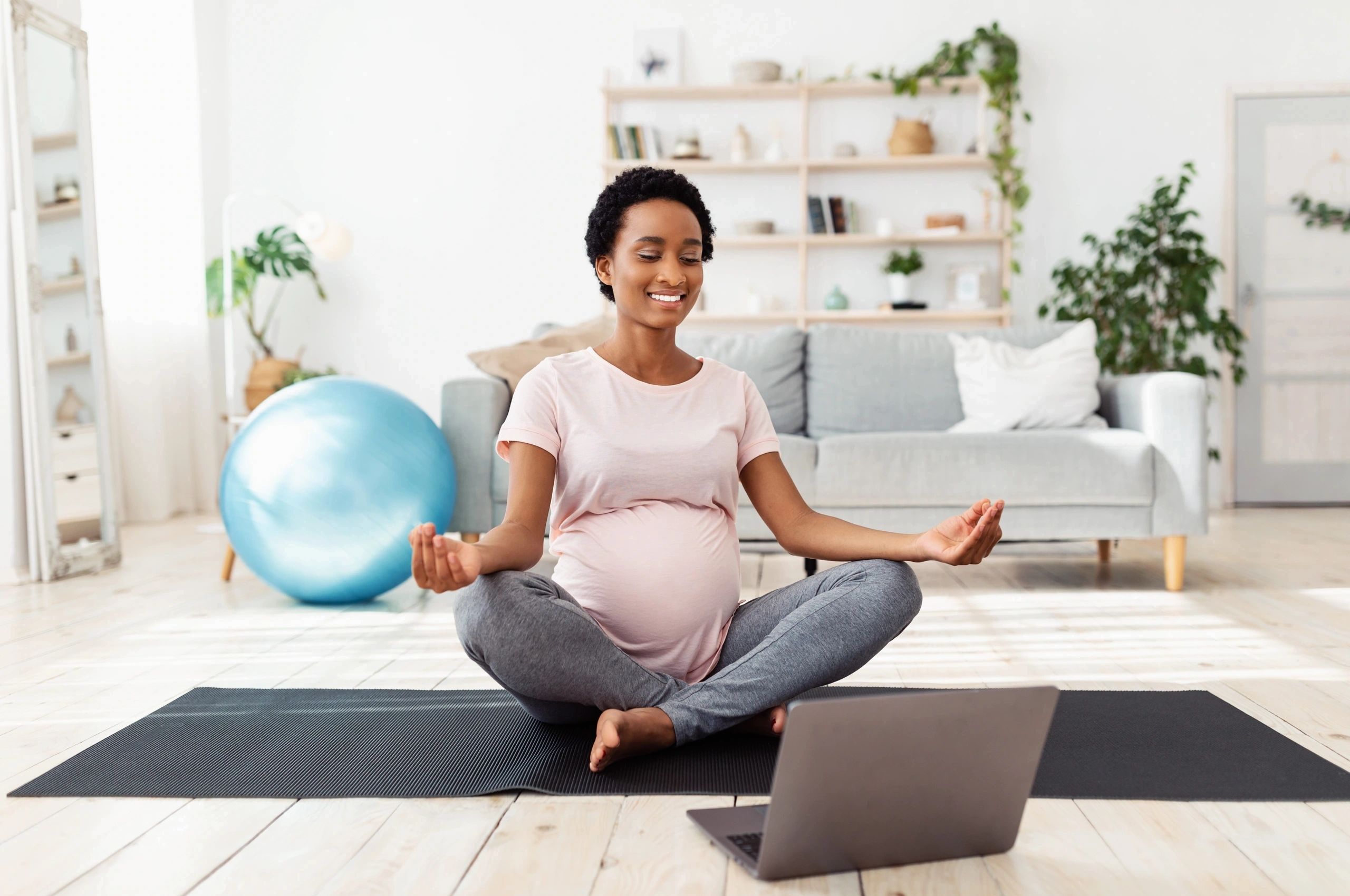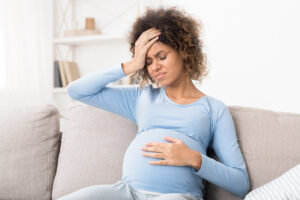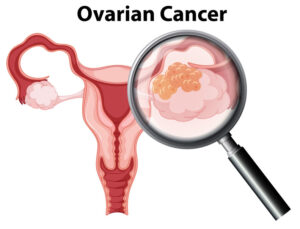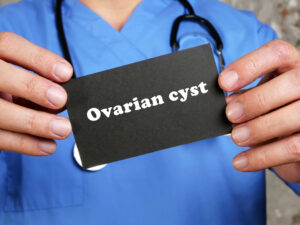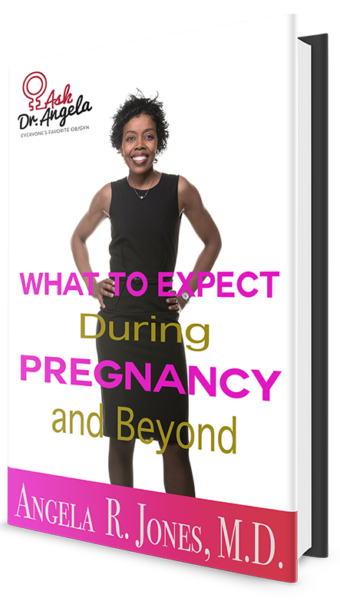Exercise during pregnancy: Let’s Move Baby!
Pregnancy. One of the most AMAZING experiences you’ll ever have. Beautiful. Awe-inspiring. Life-changing.
On the flip side, there is fatigue, emotional lability, and the annoyances of things such as swollen legs/feet, back pain, constipation, etc.
Can you relate?
I’m sure you, as well as so many other preggos past and present, can.
So why, on top of all the nuances that one might go through during the course of a pregnancy, am I recommending exercise?
How about it does your body and pregnancy good.
Here are 5 Reasons You Should Get Some Exercise During Pregnancy
1. It gives you energy!
As exhausting as pregnancy can be, who couldn’t use a little pick me up on a daily basis?
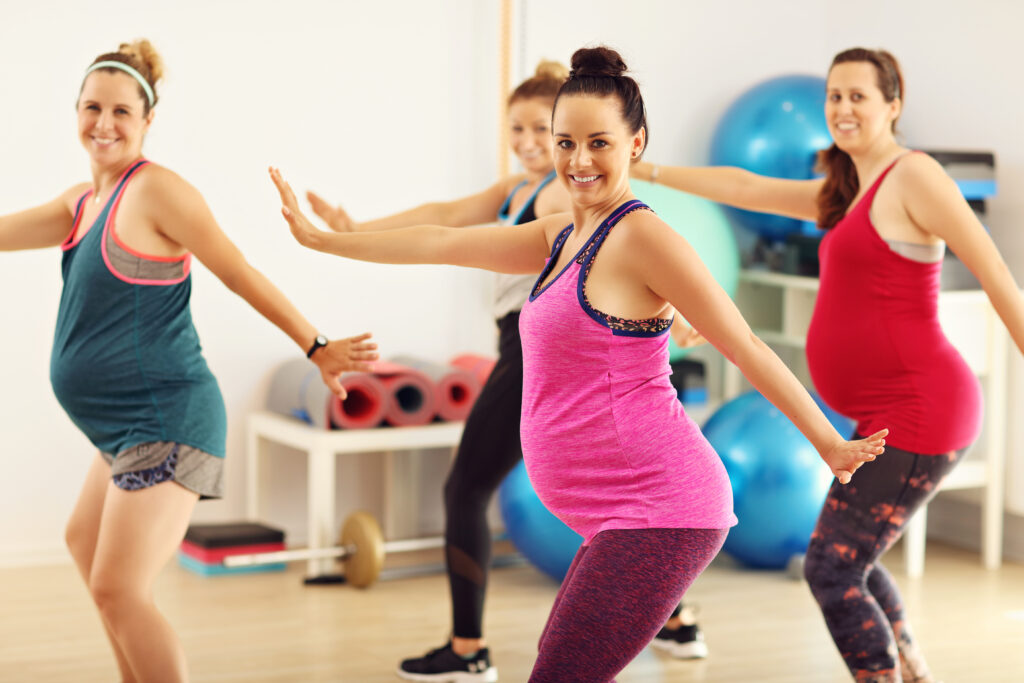
In case you aren’t one who got that pregnancy glow naturally, all the endorphins and feel-good hormones released during the course of a good workout will not only make you look better but also feel better. Make sure you do not strain yourself though as it may make you feel worse, if you have an underlying medical condition it is best to check with your doctor on how much exercise you can do. Keeping healthy is important, however, there are some cases where a pregnant woman may have a cardiac arrest due to a number of underlying reasons, if this does happen you may want to find out if it’s safe to use a defibrillator on a pregnant woman, so you can inform anyone that you are with just in case.
2 . Keeps weight gain at bay!
Exercise will help limit the amount of weight you gain during the course of your pregnancy.
Keep in mind, gaining too much weight can adversely impact labor, as well as increase your risk for things such as c-section, hypertensive disorders, gestational diabetes, etc.
Not to mention, you won’t have as many pounds to shed postpartum. Which new mom doesn’t want that burden off her chest?
3. Easier Labors!
Expectant moms are oftentimes nervous, or even afraid of the labor experience. Exercise helps give you the confidence and power to kick labor’s tail!
If you are physically fit, you will more than likely experience less pain during labor; perhaps even shorter labor. Labor means work. A fit body is more capable of doing just that.
4. Decreases your risk of postpartum depression.
Postpartum depression is a very real phenomenon.
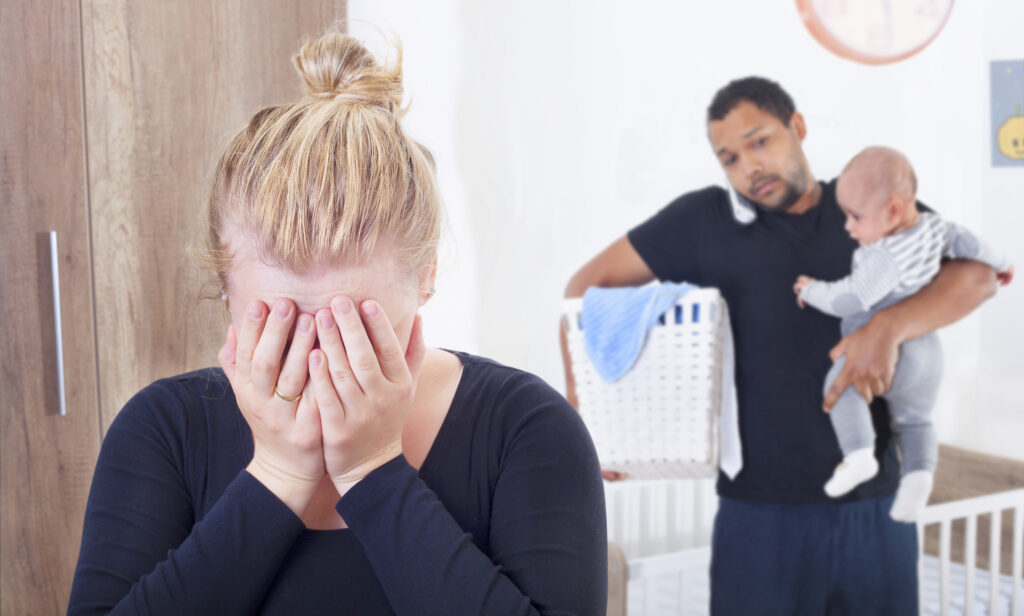
Becoming a new mom can be stressful/overwhelming, to say the least. Exercise helps decrease risks of developing this, while at the same time helping to ensure better quality sleep; something every new mom needs.
5. A great way to jumpstart healthy living.
If you’re already exercising during pregnancy, it’s easier to keep it going! Women who exercise during their pregnancy can easily bounce back a lot faster. And what’s more, you can get the most comfy clothes these days, whether they’re twin sets or sweats! So even if you aren’t exercising, you body is thanking you, because it gives you that extra comfort and support while you’re sweating with those extra few pounds!
But yeah also because you can bounce back quicker, and who doesn’t want this? I mean, speedy recovery, quicker return to pre-pregnancy body weight, and the likes.
Exercising also decreases their risk of other chronic medical conditions such as obesity, diabetes, and high blood pressure, amongst others.
Ready to Exercise? Here’s What You Need to Know
Continuing your exercise program or initiating one, after consultation with your OB/GYN, will not increase your risk of miscarriage, having a baby with low birth weight, or preterm delivery.
The American College of Obstetrics and Gynecology (ACOG), recommends pregnant women get 150 minutes of moderate-intensity aerobic activity weekly.
How is an aerobic activity defined? What qualifies as moderate intensity?
Aerobic activity involves the movement of large muscle groups; such as those found in the arms and legs, in a rhythmic way.
The intensity is deemed to be moderate if it is significant enough to raise your heart rate, and cause sweating.
With moderate-intensity exercise, you will be able to talk normally but will not be able to sing. A brisk walk is an example of an exercise that qualifies as moderate-intensity activity.
Other Types of Exercises That are Safe During Pregnancy
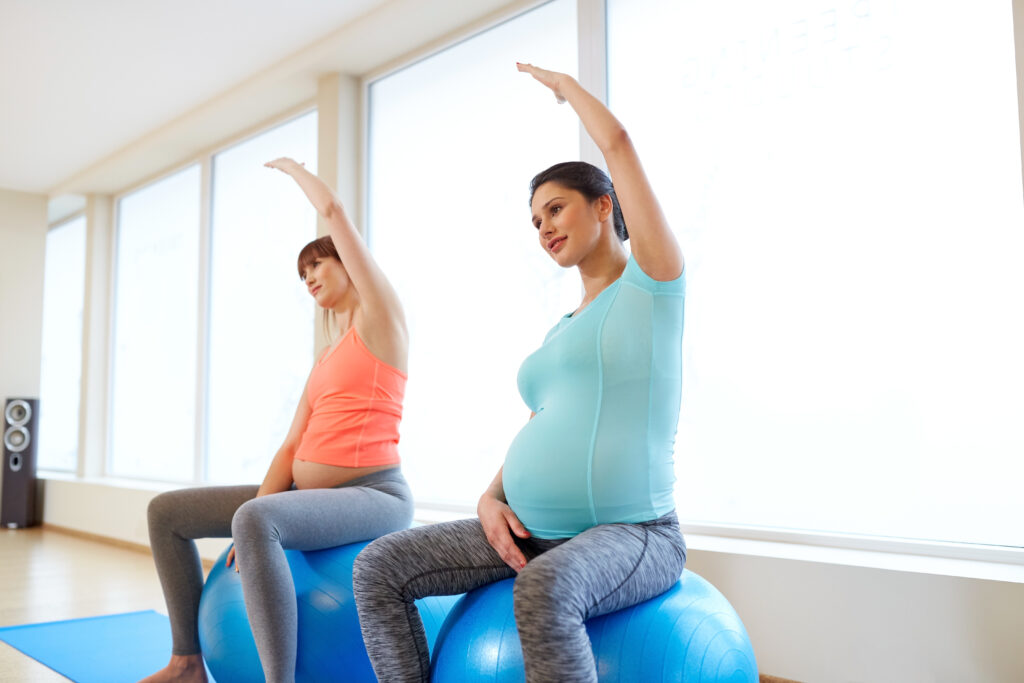
These include but are not limited to:
- swimming and/or water aerobics. These exercises help support your body weight and prevent muscle strain.
- Elliptical machine. This is an excellent exercise during pregnancy. It is non-weight bearing and not stressful on joints and hips
- Stationary cycling. A stationary bike is recommended instead of a traditional bike due to the decreased risk of falling. The growing uterus shifts your center of gravity and can pose increased challenges riding a bike the traditional way.
- Modified yoga/pilates. These exercises promote core strength, flexibility, and focus on breathing techniques. Modifications will need to be made for those poses requiring you to lay flat on your back.
- Jogging. If you were a runner prior to pregnancy you will likely be able to continue; just make sure you listen to your body. As with any activity, if you become dizzy, lightheaded, or too short of breath, you should “reel it in” or stop. Staying hydrated is also a must.
Exercises to Avoid During Pregnancy
These include but are not limited to:
- Contact sports/sports that put you at an increased risk of abdominal trauma. Examples include hockey, boxing, soccer.
- Skydiving
- Any activity with an increased risk of falling. Examples include gymnastics, skiing, water skiing, horseback riding.
- Scuba diving
- Activities performed above 6,000 feet; unless you already live at 6,000 feet and are thus accustomed to functioning at this altitude.
As previously mentioned, you should always check with your ob-gyn prior to initiating an exercise program.
However, if you have any of the following, exercise during pregnancy may be contraindicated:
- Placenta previa. This is a condition where the placenta either covers all or part of the cervix. It can be associated with bleeding during pregnancy.
- Preterm labor/contractions. Your provider may recommend “taking it easy” if you are at an increased risk of preterm labor and/or delivery.
- Cervical incompetence or insufficiency. This is a condition associated with cervical shortening and/or preterm labor. Women with cervical incompetence may have a cerclage placed to help decrease the risk of preterm delivery.
- Hypertensive disorders/preeclampsia. Preeclampsia is a hypertensive disorder diagnosed in pregnancy after 20 weeks gestation. It is associated with high blood pressure and a certain amount of protein in the urine.
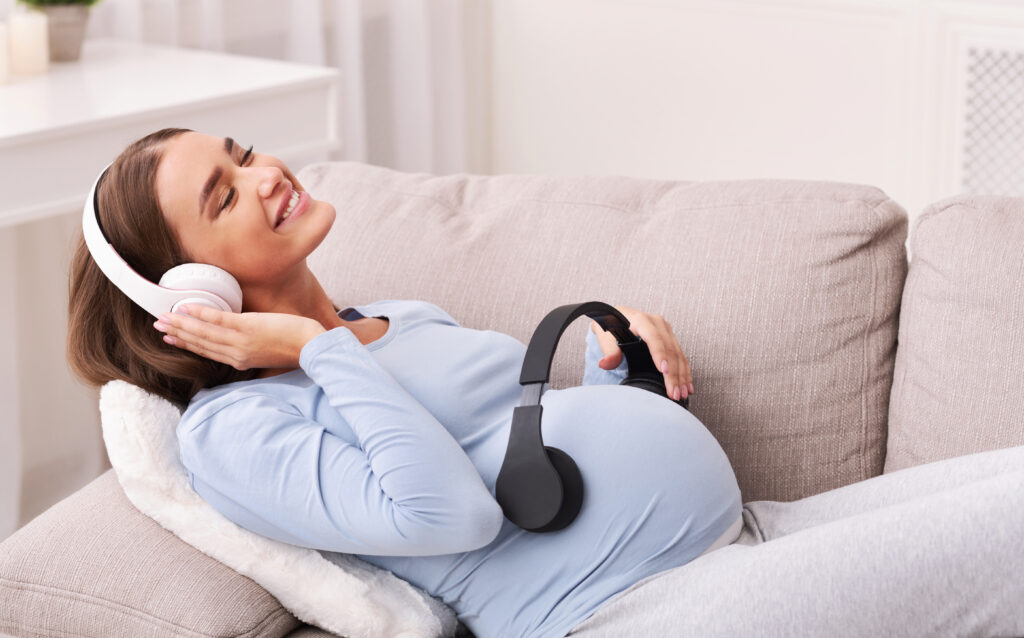
With all the changes that occur to your body during the course of your pregnancy, you may not be able to continue to do the same activities you used to.
You may notice things such as:
- Having less energy. Remember, you are growing another human being inside of you. That takes a lot of energy and is an obvious reason you may feel more tired.
- Being more short of breath. Growing a baby is no small feat. Your oxygen requirement increases as a result of that. In addition, the growing baby inside your uterus causes the uterus to decrease your lung capacity; i.e., the lungs have less space to fully expand.
- Having more trouble keeping your balance. Your growing uterus causes your center of gravity to shift. It is not uncommon to feel more off-balance than usual. You may also notice that your joints and ligaments are a little more “loosy-goosy.” This is due to the hormones of pregnancy. As a result, you’ll want to make sure you are not doing activities that require a lot of jarring, or sudden jerky movements that may strain your joints.
Now that I’ve got you all excited to look better, feel better, and be better during your pregnancy, here are a few words of advice.
Listen to your body. If you feel too tired, are in pain, lightheaded, or dizzy, either decrease your activity level or choose a different exercise.
Dress for success. Wear comfortable, loose-fitting clothing. Make sure you are exercising on a flat surface to decrease your risk of falling. Wear a proper shoe; this will decrease your risk of injury. Drink plenty of water.
HAVE FUN! Please be sure to check out my upcoming podcast on exercise during pregnancy as well as a video on my youtube channel.
Until next time.
Choose happiness.
Dr. Angela

